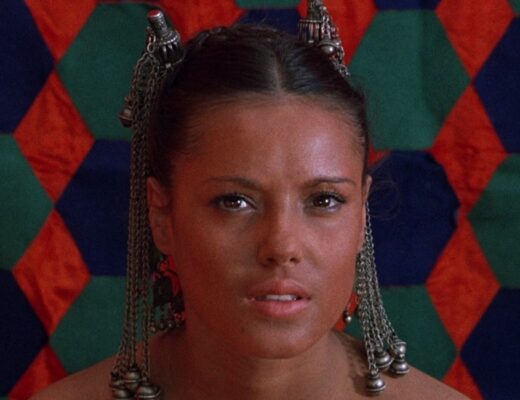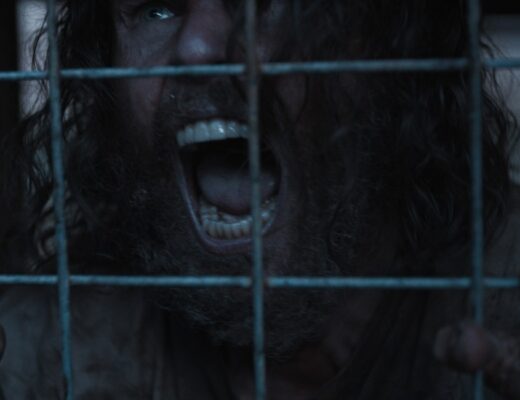Dating Amber is a nice enough film in the way of so many other forgettable, generic coming-of-age efforts.
Perhaps it should be taken as progress that films like the gay coming-of-age teen dramedy Dating Amber are no longer anomalies within the cinematic landscape. Strides have been made over the past decade when it comes to gay representation in cinema specifically and in pop culture as a whole. (That the majority of these characters are white and boast model-like looks is a discussion for another time.) Unfortunately, that also means that films that fall into this sub-genre need to do considerably more than simply demonstrate good intentions and feature a same-sex relationship. As with any successful movie, nuance and depth are important requisites of theme and character development; you can no longer skate by on novelty alone. That, unfortunately, is where Dating Amber falls flat, but it at least has a unique hook: high school seniors Eddie (Fionn O’Shea) and Amber (Lola Petticrew) are two closeted teens who decide to fake a romantic relationship in order to put a stop to the constant bullying by classmates. Eddie is also hoping to impress his father (Barry Ward), a hard-nosed military man who expects his son to follow in his soldier footsteps. Naturally, it doesn’t take long for things to spiral out of control, especially once Amber decides to officially come out after meeting a beautiful young collegian, leaving Eddie to face his sexuality struggles alone. Cue the last-minute run to the bus station before Eddie ships out to boot camp.
Writer-director David Freyne actually injects some real moments of truth and honesty into the film, such as a late-film discussion between mother (Sharon Horgan) and son that staunchly avoids theatrics. But scenes like that exist in stark contrast to the aforementioned ending or some broad moments of “comedy” that involve handjobs and boobie-honking. And it should, of course, come as no surprise that Amber’s story is woefully underdeveloped relative to Eddie’s. Female sexuality, particularly reflected with any kind of complexity or nuance, is rarely addressed in film in a meaningful way, and Dating Amber is no exception — although, let’s be honest, that’s perhaps what’s to be expected from a male writer. Even the film’s exotic Ireland setting, all beautiful vista shots of rolling green hills, feels like somewhat secondhand backdrop to tell this story after 2017’s queer romance God’s Own Country. Despite fantastic performances across the board, especially from Petticrew and an always-welcome Horgan, Dating Amber is ultimately the kind of film where adjectives like “sweet” and “well-intentioned” get thrown around not as meaningful compliments, but because it’s honestly difficult to recall anything memorable amidst the film’s generic progressions. It’s a nice film, what can I say?
Published as part of Before We Vanish | November 2020.







